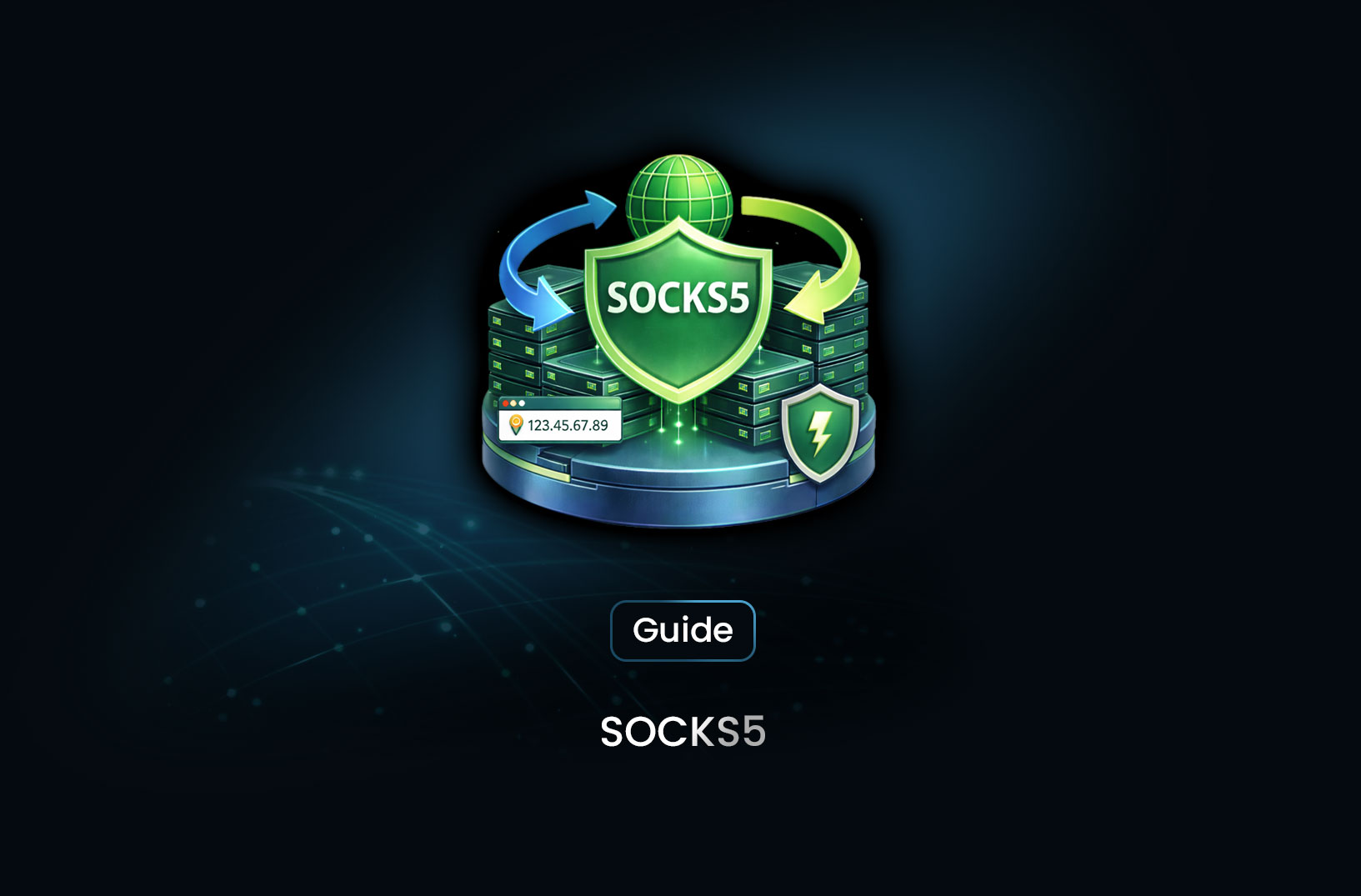
Concurrency vs Parallelism in Web Scraping
ArticleLearn the key differences between concurrency and parallelism in web scraping. Discover how combining both can boost performance, reduce delays, and scale your scrapers efficiently.
When building scalable web scrapers, efficiency isn't just a bonus—it’s a necessity. One of the most common questions developers and teams face is: should I focus on concurrency or parallelism?
Although these terms are often confused or used interchangeably, understanding the difference can help you design scrapers that are both faster and more reliable.
What Is Concurrency?
Concurrency means managing multiple tasks at once by rapidly switching between them. The system doesn't necessarily run tasks simultaneously, but it handles them in overlapping time periods.
Imagine you're handling multiple customer chats. You respond to one, then another, and rotate quickly between them without waiting too long on any one conversation.
In the context of web scraping, concurrency is about non-blocking I/O:
- Sending multiple HTTP requests at the same time
- Using libraries like
aiohttporasyncioto handle responses efficiently - Great for I/O-bound tasks like waiting on websites to respond
What Is Parallelism?
Parallelism refers to running multiple tasks at the exact same time—usually on separate CPU cores or even across multiple machines.
Picture a team of chefs in a kitchen, each cooking a different dish at the same time. Unlike concurrency, parallelism is true simultaneous execution.
In web scraping, parallelism looks like:
- Running separate scraping processes across cores
- Parsing or transforming data using multiprocessing
- Splitting tasks across distributed servers
It’s especially useful for CPU-bound tasks where each job needs heavy computation.
Key Differences
| Feature | Concurrency | Parallelism |
|---|---|---|
| Execution style | Tasks interleaved, not truly simultaneous | Tasks executed at the same time |
| CPU usage | Can run on a single core | Requires multiple cores |
| Ideal for | I/O-bound operations | CPU-bound operations |
| Example tools | asyncio, aiohttp |
multiprocessing, worker pools |
Why It Matters for Scraping
Let’s say you need to scrape 10,000 product pages.
- If your scraper waits for each page to load before continuing, it could take hours.
- But with concurrency, you can send requests to many pages at once, dramatically reducing wait time.
- If each product page includes large JSON data or needs extra processing (e.g., converting currencies, calculating discounts), parallelism can process them simultaneously.
Combining both approaches can help you:
- Maximize request throughput
- Handle more data with fewer delays
- Scale your operations without adding unnecessary complexity
How MrScraper Handles This
At MrScraper, our scraping engine is built to handle millions of requests per day by blending concurrency and parallelism in the background:
- We use async-based fetching to avoid bottlenecks caused by slow-loading websites.
- For tasks like file parsing or image processing, we switch to parallel processing.
- This hybrid model ensures stable, scalable performance across all scraping projects.
Whether you're scraping real estate listings, tracking price changes, or collecting leads, the performance difference is noticeable.
Choosing the Right Approach
Here’s a quick decision guide:
- Need to speed up data collection from the web? → Use concurrency
- Need to speed up data processing? → Use parallelism
- Need both? → Combine them.
Scraping at scale doesn’t have to mean sacrificing speed or reliability—you just need the right architecture behind it.
Final Thoughts
Understanding concurrency and parallelism helps you move beyond basic scripts and toward building robust scraping systems. When implemented right, these concepts unlock serious performance gains, especially at scale.
If you're looking for a scraping infrastructure that already applies these best practices, try MrScraper—a powerful solution designed for efficiency, scalability, and flexibility.
Find more insights here

How to Use a SOCKS5 Proxy Server
A SOCKS5 proxy is simply a piece of infrastructure that sits between your device and the internet an...
.jpg)
Spotify Profiles Search Scraper: How It Works and Why Developers Use It
Unlock music market insights by scraping Spotify user profiles. Learn the best tools for keyword-bas...

Facebook Marketplace API: What Developers Need to Know in 2026
Learn why Meta doesn't offer a public endpoint and discover the 3 best ways developers programmatica...
